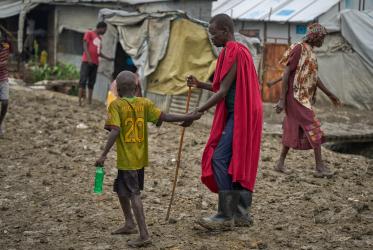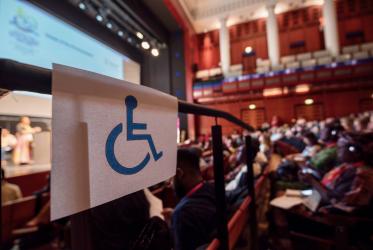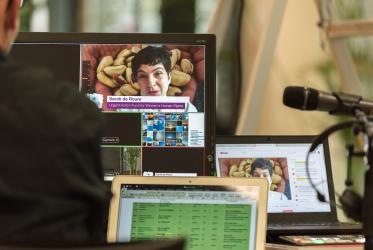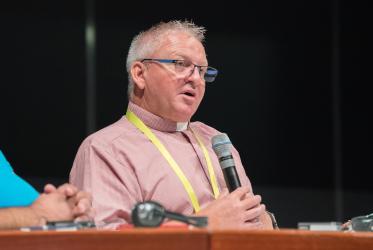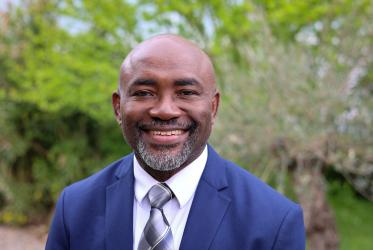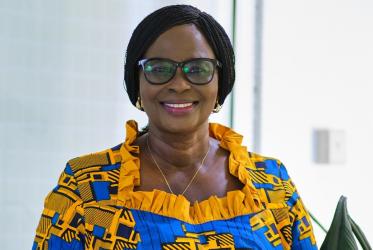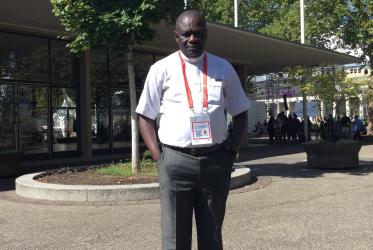Displaying 1 - 20 of 154
Churches in Africa agree on guidelines for disability inclusion
19 December 2023
Promoting human dignity through art
06 September 2022
Women with disabilities want to belong in churches
31 August 2022
EDAN Pre-Assembly starts with induction of new members
29 August 2022




